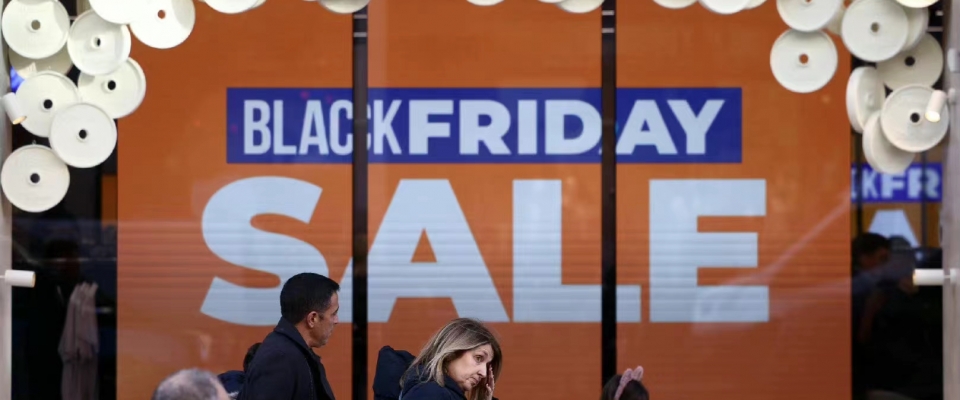What’s Black Friday? When It Is and Importance to Economists
Black Friday refers to the day after the U.S. Thanksgiving holiday, which has also traditionally been a holiday itself for many employees. It is typically a day full of special shopping deals and big discounts and is considered the beginning of the holiday shopping season.
The sales made on Black Friday are often thought of as a litmus test for the overall economic condition of the country and a way for economists to measure the confidence of the average American when it comes to discretionary spending. Those who share theKeynesian assumption that spending drives economic activity view lower Black Friday sales figures as a harbinger of slower growth.
Understanding Black Friday
It’s common for retailers to offer special promotions online and in-store on Black Friday. Many open their doors during the pre-dawn hours on Black Friday to attract customers. To keep up with the competition, some retailers have gone so far as to keep their operations going on the Thanksgiving holiday, while others begin offering deals earlier during November.1
Really avid bargain hunters have been known to camp out overnight on Thanksgiving to secure a place in line at a favorite store; the most fanatical have been known to skip Thanksgiving dinner altogether and camp out in parking lots for days or even weeks to get great deals. The promotions usually continue through Sunday, and both brick-and-mortar stores and online retailers see a spike in sales.1
Black Friday and Retail Spending
Retailers may spend an entire year planning their Black Friday sales. They use the day as an opportunity to offer rock-bottom prices on overstock inventory and to offer doorbusters and discounts on seasonal items, such as holiday decorations and typical holiday gifts.
Retailers also offer significant discounts on big-ticket items and top-selling brands of TVs, smart devices, and other electronics, luring customers in the hope that, when inside, they will purchase higher-margin goods. The contents of Black Friday advertisements are often so highly anticipated that retailers go to great lengths to ensure they don’t leak out publicly beforehand.
Consumers often shop on Black Friday for the hottest trending items, which can lead to stampedes and violence in the absence of adequate security. For example, on Black Friday in 1983, customers engaged in scuffles, fistfights, and stampedes in stores across the U.S. to buy Cabbage Patch Kids dolls, that year’s must-have toy, which was also believed to be in short supply.2 Appallingly, a worker at a big store was trampled to death on Black Friday in 2008, as throngs of shoppers pushed their way into the store when the doors opened.3
The Significance of Black Friday
Some investors and analysts look at Black Friday numbers as a way to gauge the overall health of the entire retail industry. Others scoff at the notion that Black Friday has any real fourth-quarter predictability for the stock markets as a whole. Instead, they suggest that it only causes very short-term gains or losses.
However, in general, the stock market can be affected by having extra days off for Thanksgiving or Christmas. It tends to see increased trading activity and higher returns the day before a holiday or a long weekend, a phenomenon known as the holiday effect or the weekend effect. Many traders look to capitalize on these seasonal bumps.
About E. J. McKay
E.J.McKay is a Shanghai-headquartered investment bank with a special focus on mergers & acquisitions. We are one of the most long standing independent investment banks in China, with core business of mergers & acquisitions and financing advisory.


